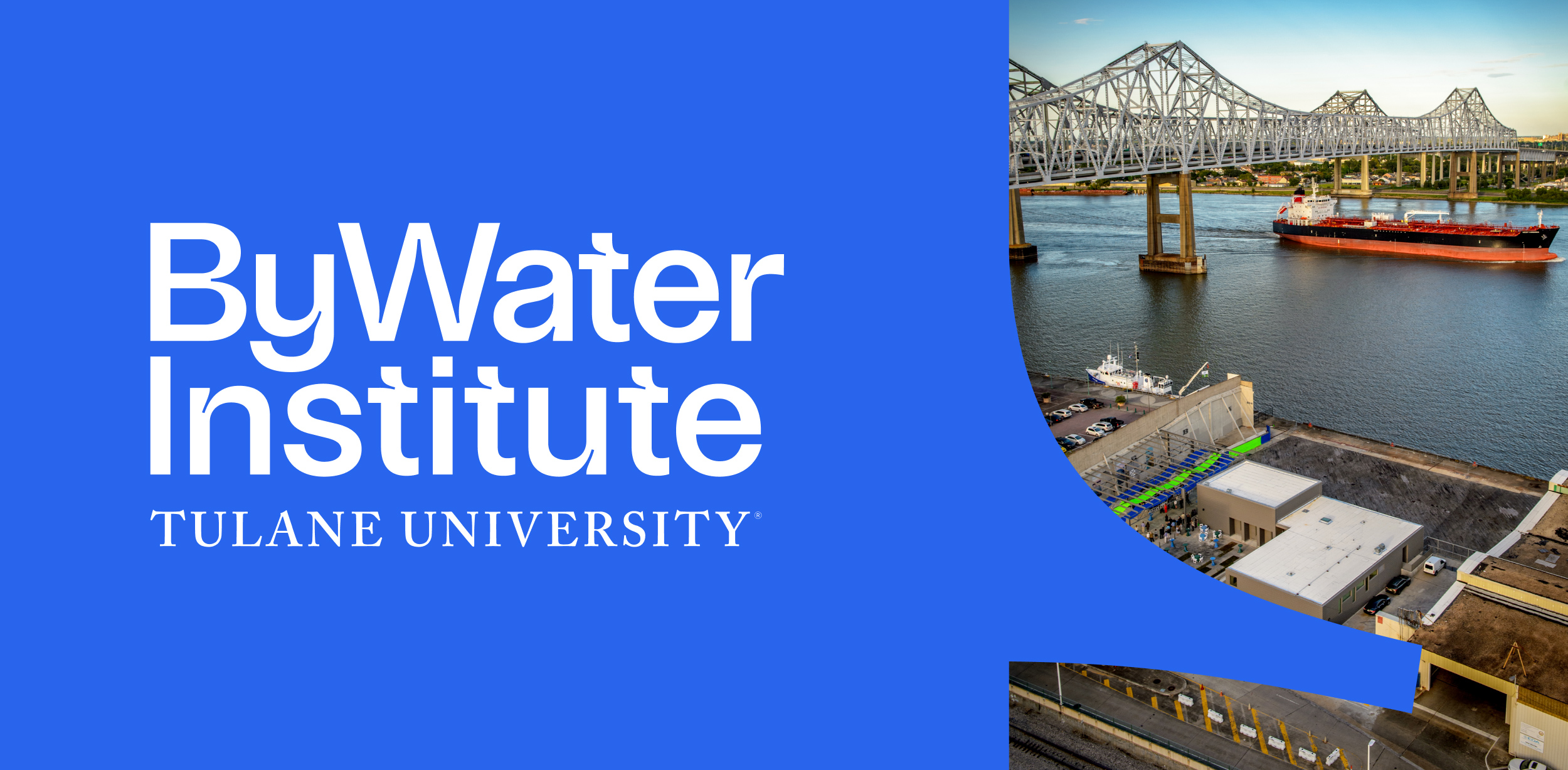
Thriving ByWater
Climate adaptation is no small task. From rising sea levels and coastal land loss to gulf hypoxia and natural disasters, we face enormous challenges that require a new approach – one that is collaborative and embraces innovation.
That’s why the ByWater Institute is bringing together a diverse group of stakeholders, from community organizers and local governments to academic researchers and industry experts. Working together, we're creating convergence research that is rooted in community engagement to tackle the challenges of adapting to climate change head-on.
Our work starts in New Orleans, but we're committed to making an impact around the world. From the Mississippi to the Mekong, we're building a network of partners to develop solutions that prioritize equitable access to environmentally safe spaces, connecting communities with the resources they need to thrive in the face of adversity.
Our Programs
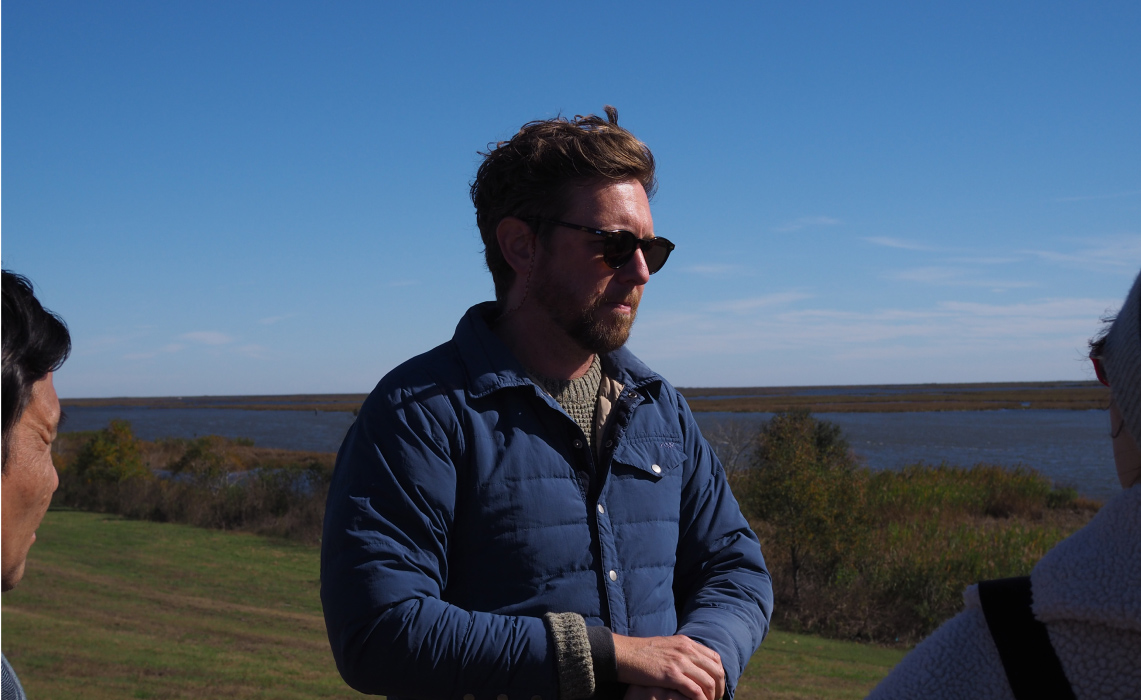
BWI Scholars and Fellows
Recognizing the incredible value that Tulane faculty and research staff bring to our work, we invite them to join us as ByWater Institute Scholars. Scholars participate in our flagship research initiatives and become part of a vibrant community of collaboration and innovation. For those seeking funding, the ByWater Institute offers a fellowship program that is tailored to support mutually beneficial scholarship and the pursuit of novel funding to support it beyond the ByWater investment.
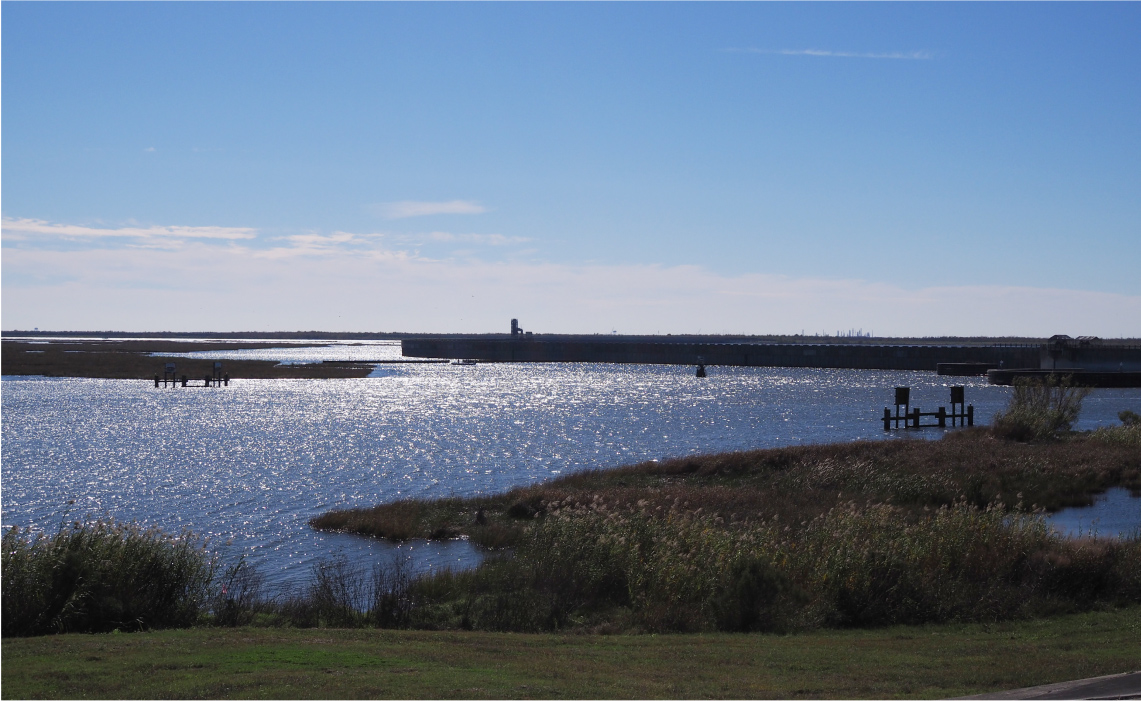
Coastal Convenings
Collaboration and innovation start with building a community–so we host large, transdisciplinary meetings that bring together scholars from across Tulane University. Through these meetings, ByWater develops research programs, new paths toward research funding, and builds lasting collaborations that help us push the boundaries of what's possible.
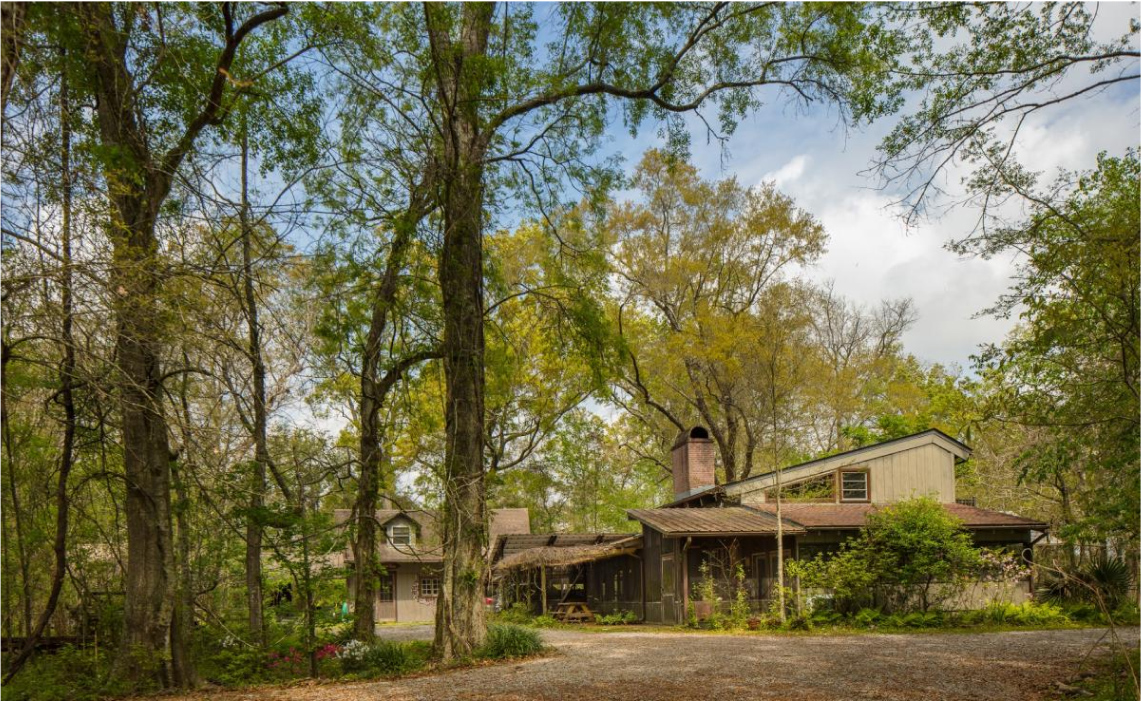
A Studio in the Woods
Our commitment to collaboration and community building extends beyond academic research. A Studio in the Woods is one of the leading artistic and academic residency programs in the Gulf South region. ByWater leverages the creativity and diverse perspectives of Studio to communicate the urgency of climate and illustrate more positive futures if we act now.
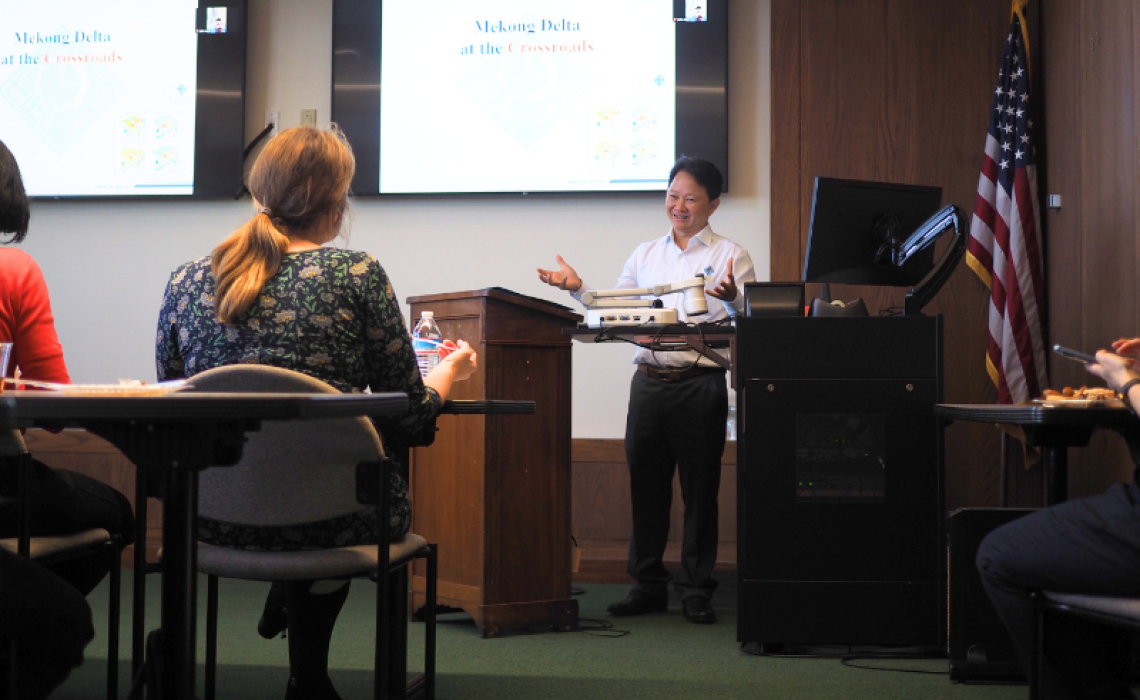
Science Communication
We make science communication a priority because scholarship must be shared widely and its implications understood by the communities it impacts. Through our team's work and the dissemination of best practices, we're breaking down the barriers that have traditionally walled off science from the broader public.
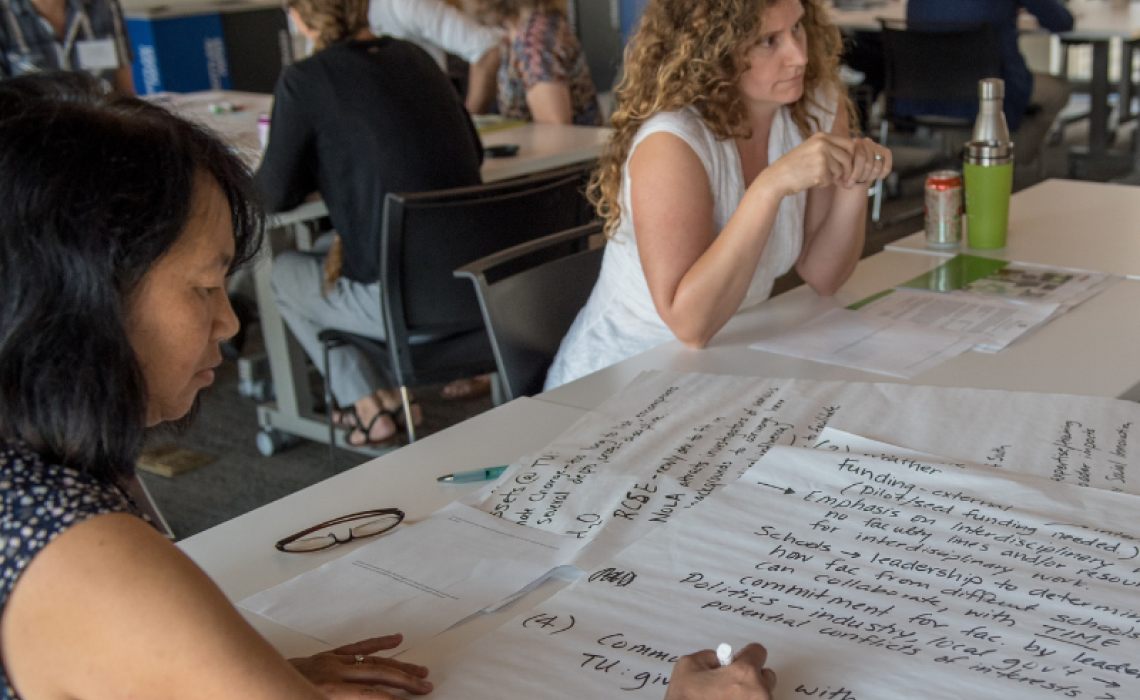
Junior Faculty Working Groups
This program for junior faculty at Tulane builds their synthesis and collaboration skills. We are excited to help equip the next generation of scholars with the tools they need to make a lasting impact.
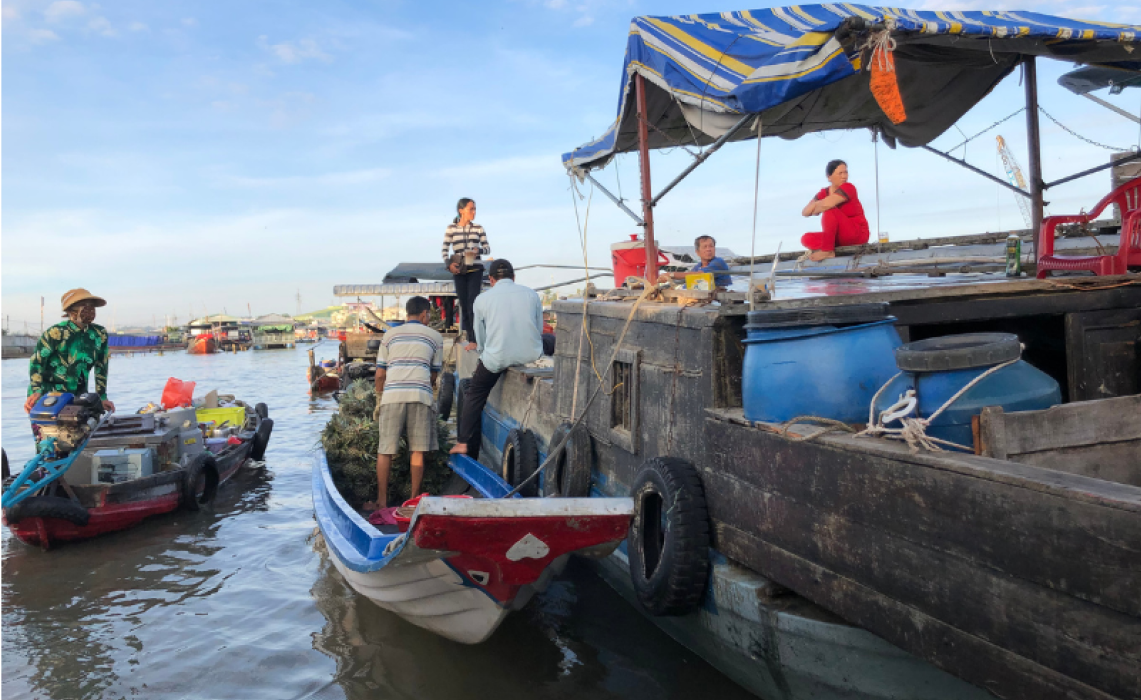
International Exchanges
We facilitate and fund research exchanges for graduate students at Tulane and international partner institutions. By creating opportunities for scholars to work together across borders, we're fostering a global community of collaboration and innovation.
Our Pillars
Imagine a world where industry and nature exist in harmony, working together to create a sustainable future. At ByWater, we strive to make this vision a reality by leveraging naturally occurring landscape features and/or nature-based solutions to build neighborhoods that prioritize collaboration between humans and the environment. Our approach centers around the idea that we must work with nature, not against it, if we hope to create a thriving planet for future generations.
Designing our future
ByWater
ByWater research is helping design infrastructure—both natural and built—at a basin scale to help communities be better prepared for climate change’s impacts and opportunities. We can hunker down and try to ride out the transformations climate change will bring to the Mississippi River Basin—or we can embrace an adaptation mindset that designs a prosperous future for everyone.
Sharing our future
ByWater
ByWater’s inclusive research, collaborations and events aim to catalyze the innovations that can improve access to safe spaces, drinking water and sanitation, especially in rural communities. We want to help level the playing field for the millions living in the United States with challenges that will be exacerbated by climate change, because adaptation won’t work if it only benefits the wealthy.
Growing our future
ByWater
Our work is dedicated to sustaining the growth of healthy communities, and our optimism is driven by our research into how these communities can adapt. We will deliver that research to empower governments, corporations and civil society to build adaptation strategies that anticipate and meet myriad challenges brought by the impacts of climate change on health, the economy, and infrastructure.
Latest at ByWater
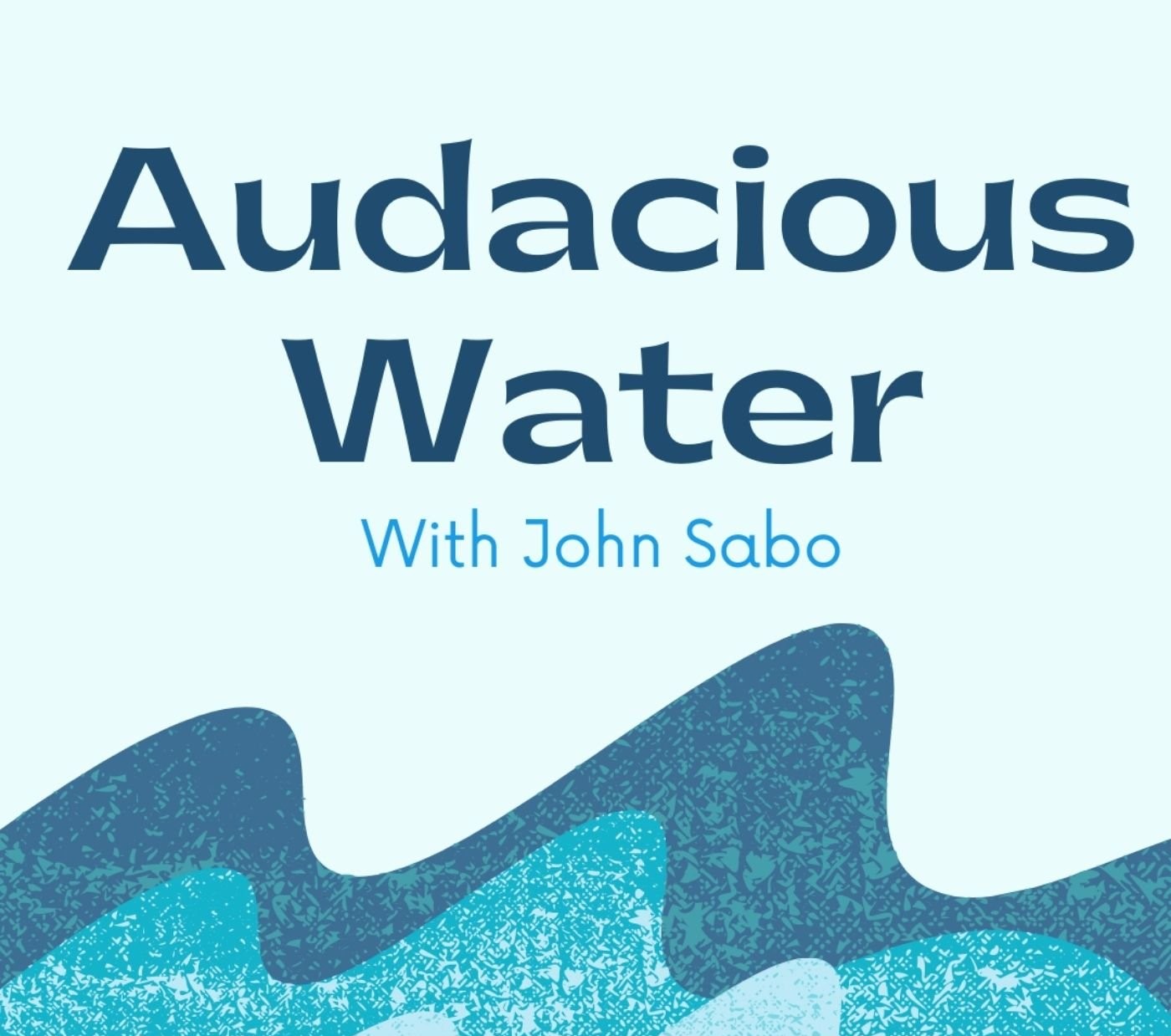
Audacious Water Podcast with John Sabo
Hosted by John Sabo, Director of the ByWater Institute, Audacious Water explores the exciting possibilities of water innovation and resilience. Join John in his conversations with scientists, activists, policymakers, and community leaders as they dive into important conversations about transforming our water future- one drop at a time.
Listen to the most recent episode: The Five Transformations, and What Gives Me Hope
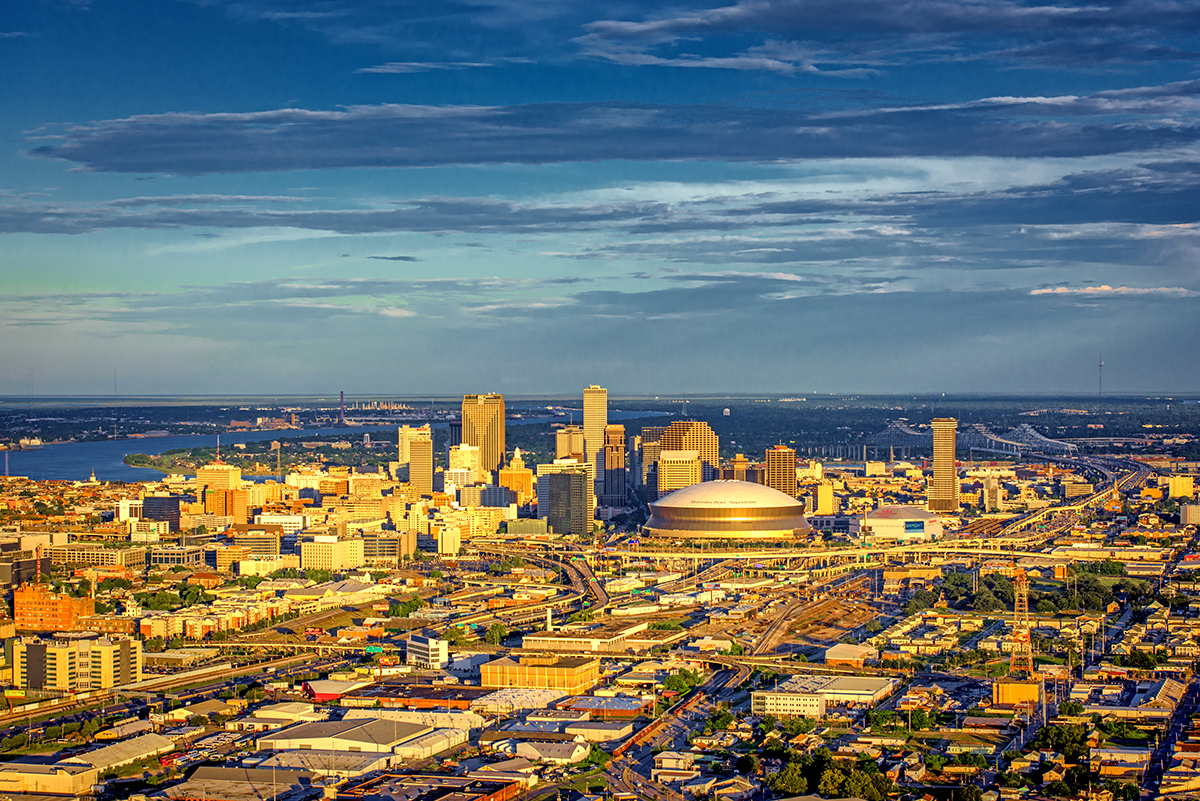
Apply Now!
Applications are now open for Faculty Fellowships for July 2025 through June 2028. Apply by May 19, 2025.

Check out our Substack!
Never miss an update- Be part of a community of people who share your interests. Participate in the comments section, or support this work with a subscription.
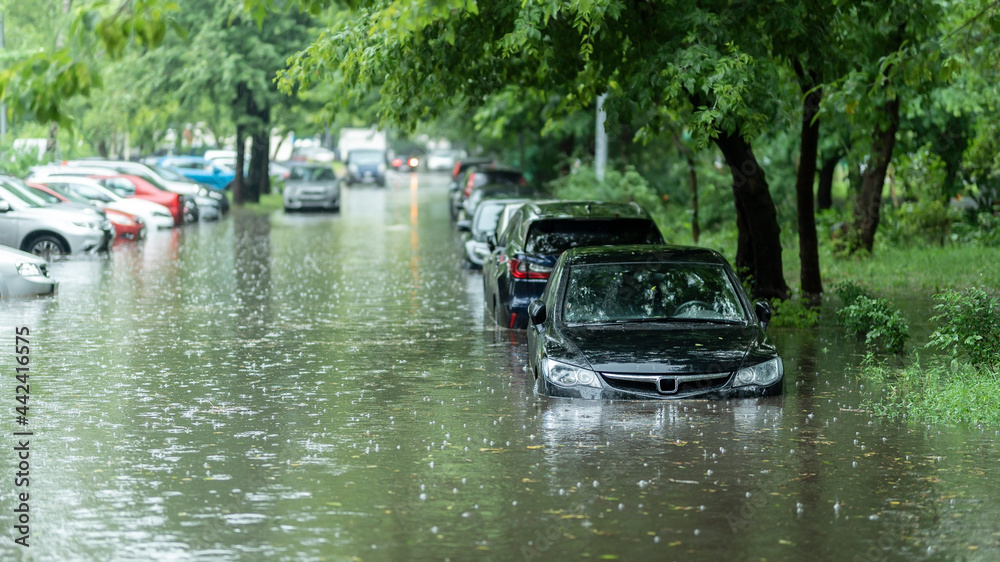
The Future of Floods, Forecasted by AI
How is modern environmental science and artificial intelligence reshaping how we interact with water? Ibrahim Demir has a few ideas.
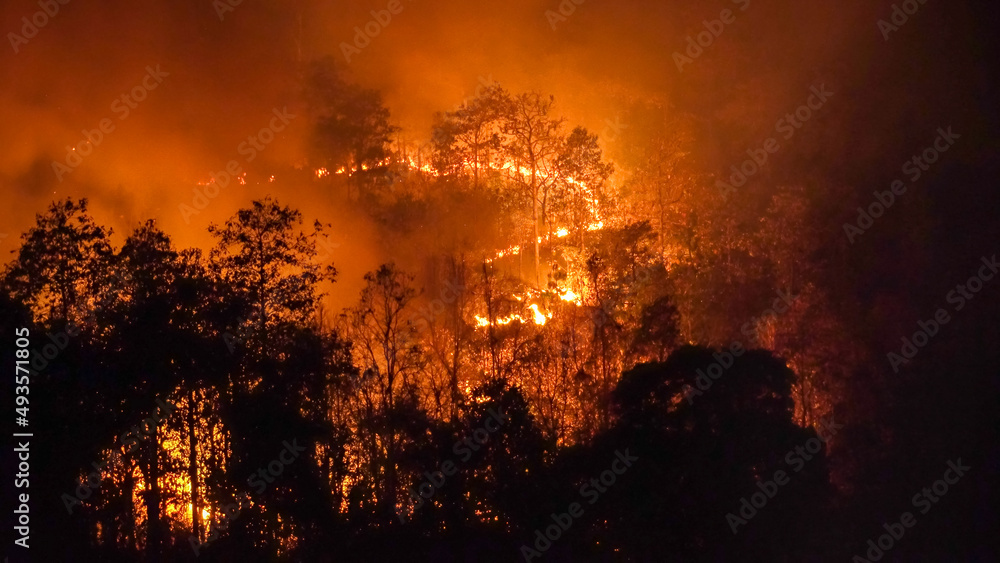
John Sabo on Forbes- While We Are Debating Vocabulary, Climate Change Is Roaring Onward
Call it what you want: climate change or intensifying extreme weather. It is happening.

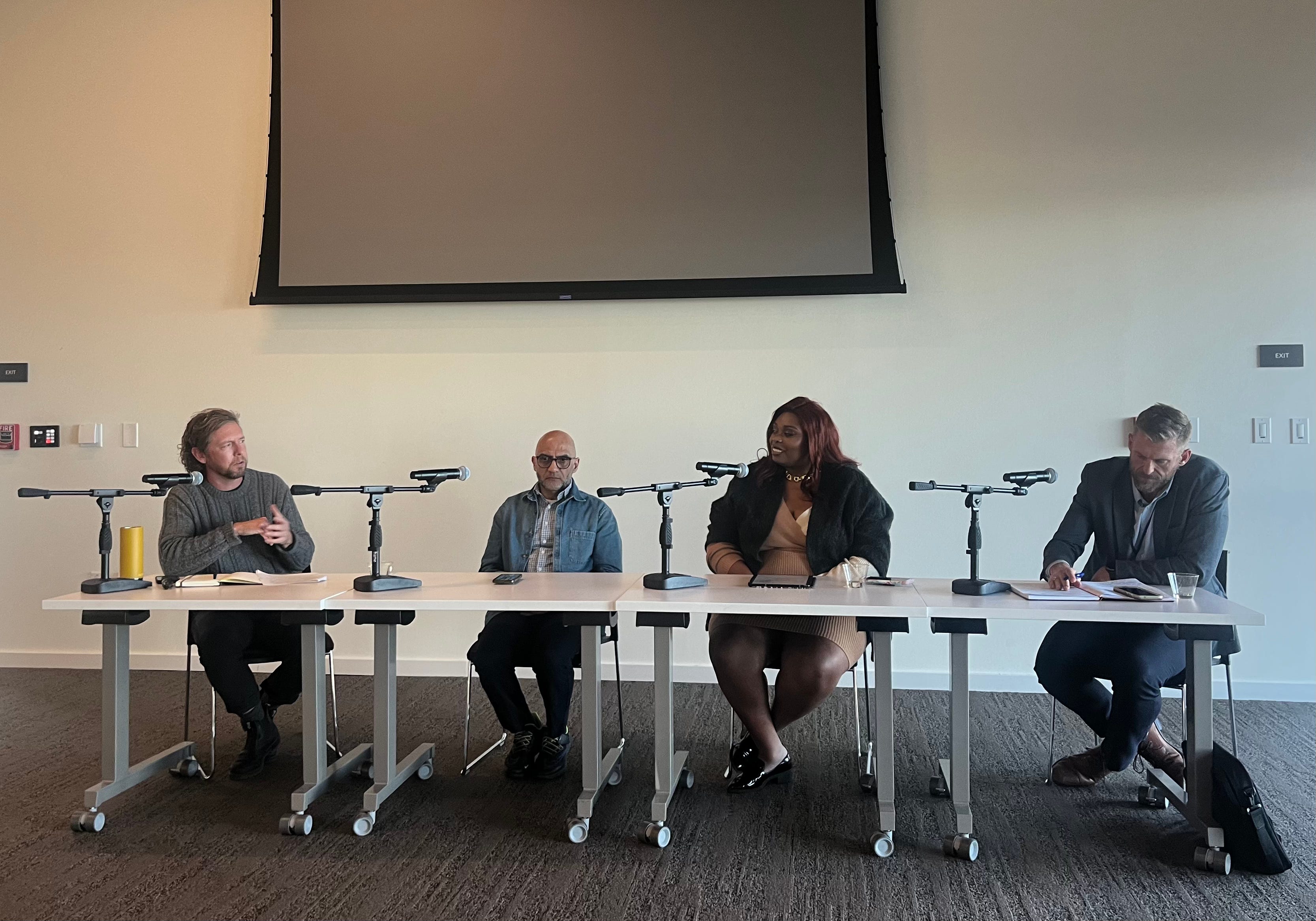
Bywater Institute Seminar Series: An Honest Conversation About Water Security
“The 2023 Saltwater Wedge Crisis Was a Mess. We Talked About it”
Our Research & Expertise
The ByWater Institute supports and conducts transdisciplinary research that is focused on solutions. Our brand of solutions science is “Clinical Trials for Planetary Health” - intervention science at scale to reduce climate impacts and improve climate adaptation.
Site Image Credits:
New Orleans Landscape photos by Virginia Hanusik
A Studio In The Woods and Architecture photos by Neil Alexander
